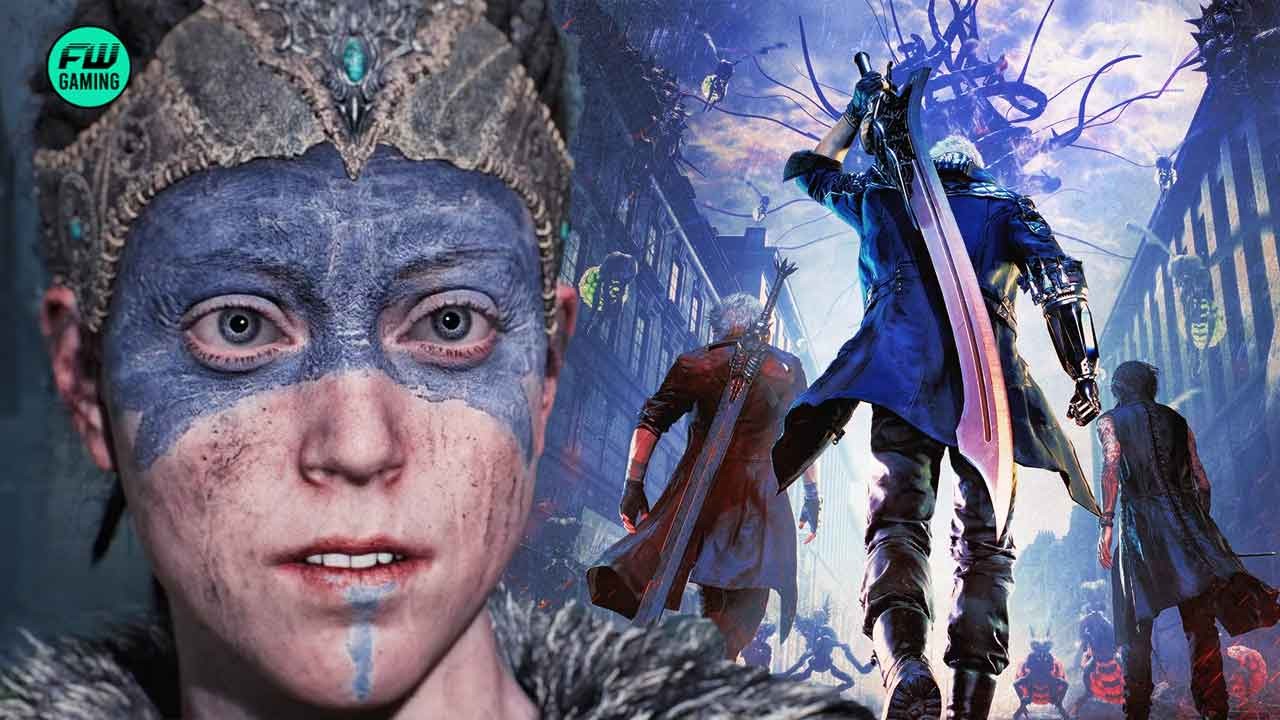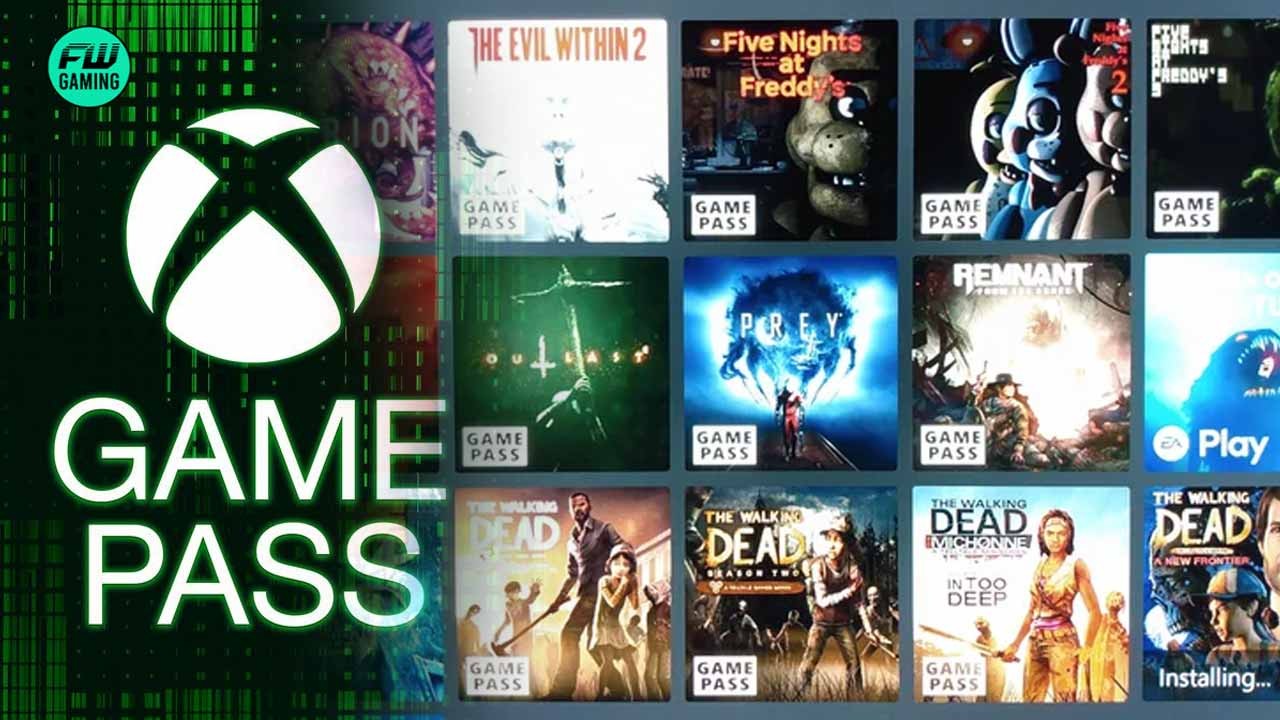Ninja Theory’s 2017 video game Hellblade: Senua’s Sacrifice was well-received by the fans but the game’s excellent story, tense atmosphere, and intriguing puzzles weren’t the only elements that made the game special. Ninja Theory’s co-founder has explained in the past that the game was built on a very tight budget and a very small team.
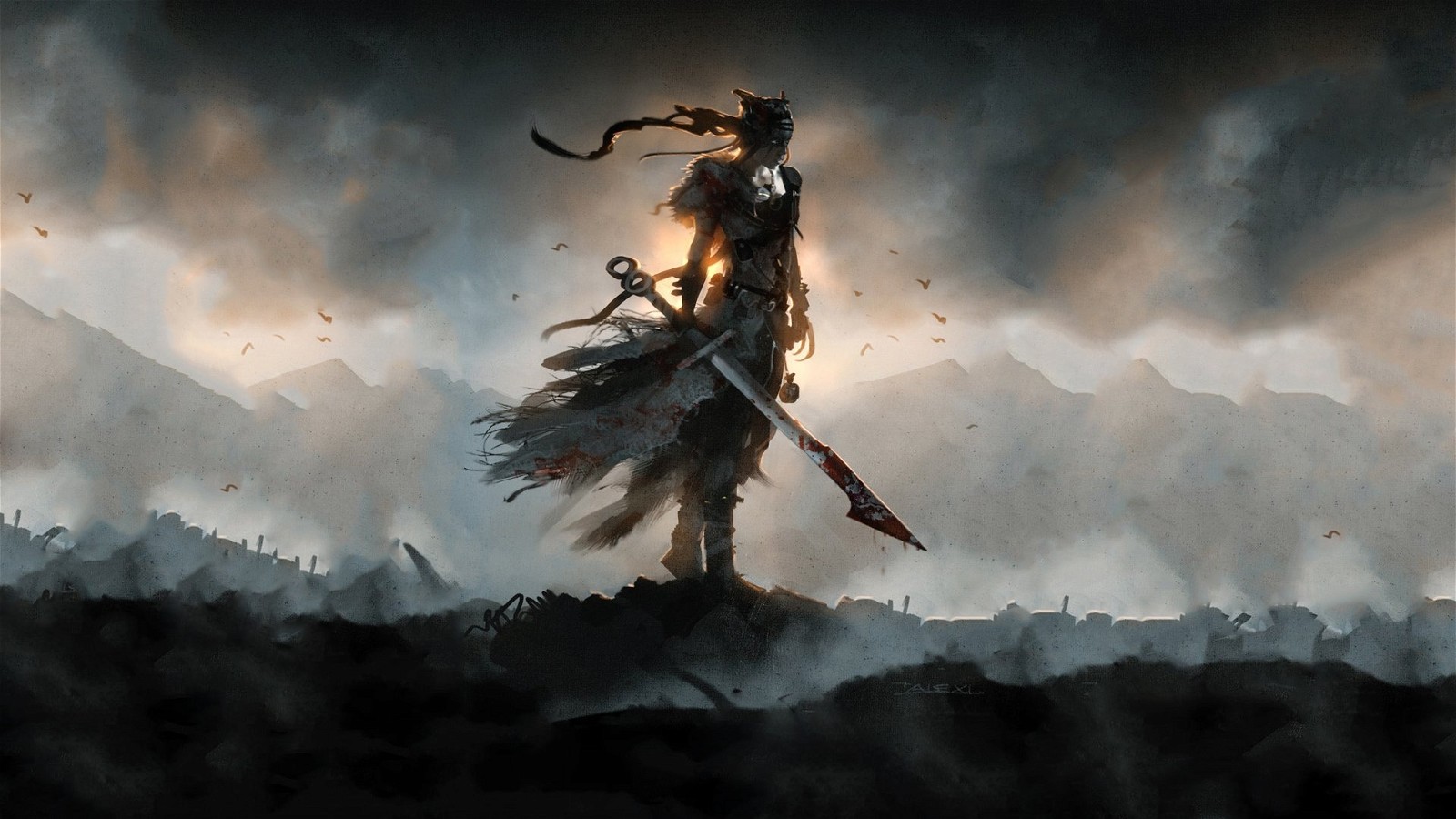
Ninja Theory made a name for itself in the late 2000s and early 2010s with games like Heavenly Sword, Enslaved: Odyssey to the West, and DmC: Devil May Cry. After DmC, Ninja Theory decided to diversify its portfolio of games and split into smaller teams. Things took a turn after the failure of their canceled game Razer, and the company decided to create an “independent AAA” game, which later turned out to be Hellblade: Senua’s Sacrifice. This decision saved the company as Hellblade Senua’s Sacrifice was a massive success.
Ninja Theory wanted Hellblade: Senua’s Sacrifice to be an independent AAA game to avoid financial losses
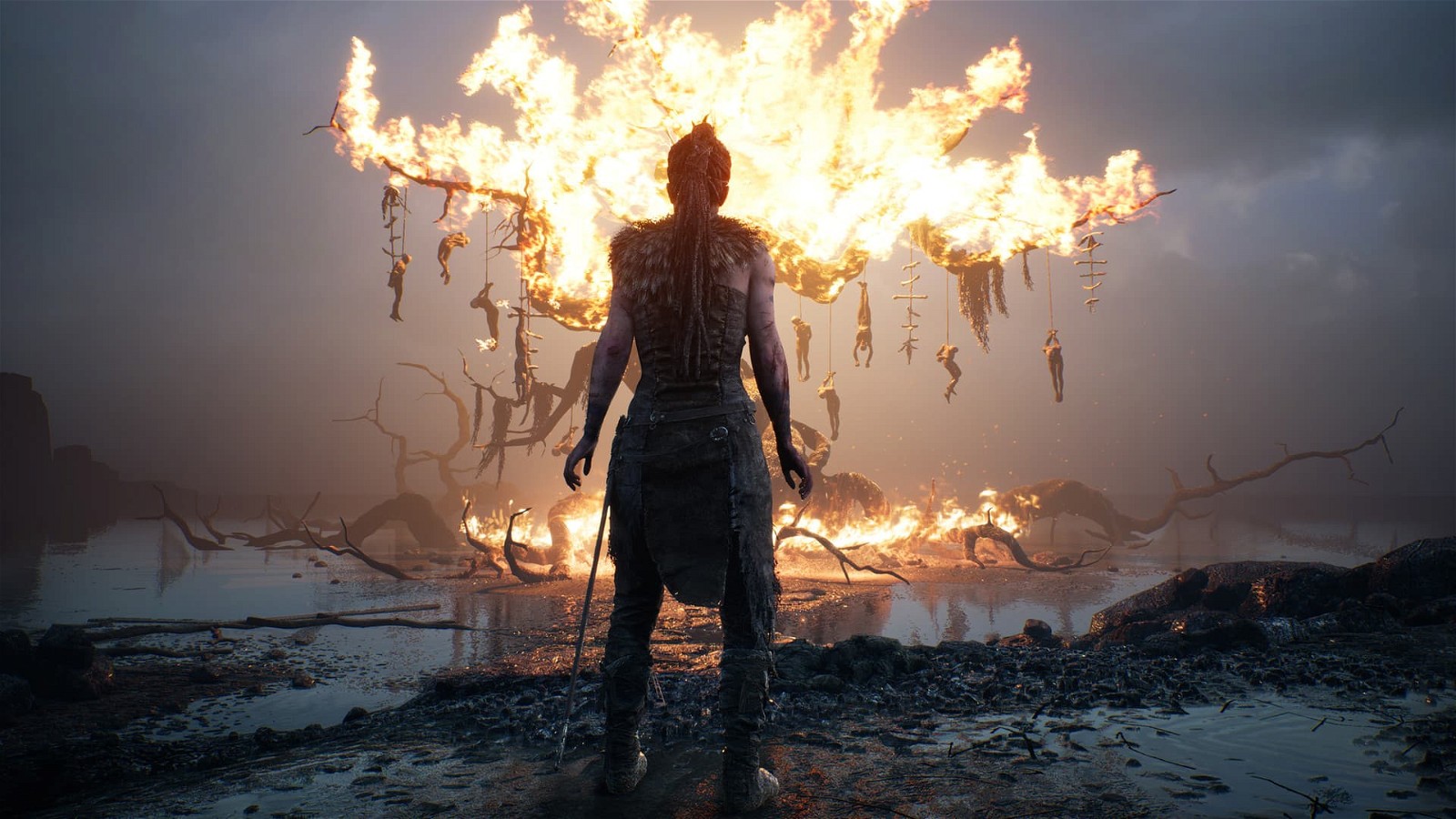
In 2017, Dominic Matthews, Product Development Manager at Ninja Theory, talked to The Harvard Crimson about Ninja Theory’s 2017 game, Hellblade: Senua’s Sacrifice. During the conversation, Matthews explained why the studios wanted to create the game as an independent AAA game with a small team,
“I think a lot of that comes out of our decision to develop Hellblade as an ‘independent AAA’ game. You know, we’re a studio of about ninety people. After DmC, we stepped back and took a look at the game space, what’s happening in the industry.”
As per EuroGamer, In early 2013, Ninja Theory developed a game called Razer, a multiplayer game that mixes gunplay and melee combat. However, the project was scrapped when the publisher interfered with Ninja Theory’s creative freedom.
Around this time, things at Ninja Theory were tense so they decided to create an independent AAA game to keep the company running. The game was Hellblade: Senua’s Sacrifice and it certainly revived the company with its extremely small budget and small team.
Ninja Theory didn’t want Hellblade: Senua’s Sacrifice to become a commercial failure
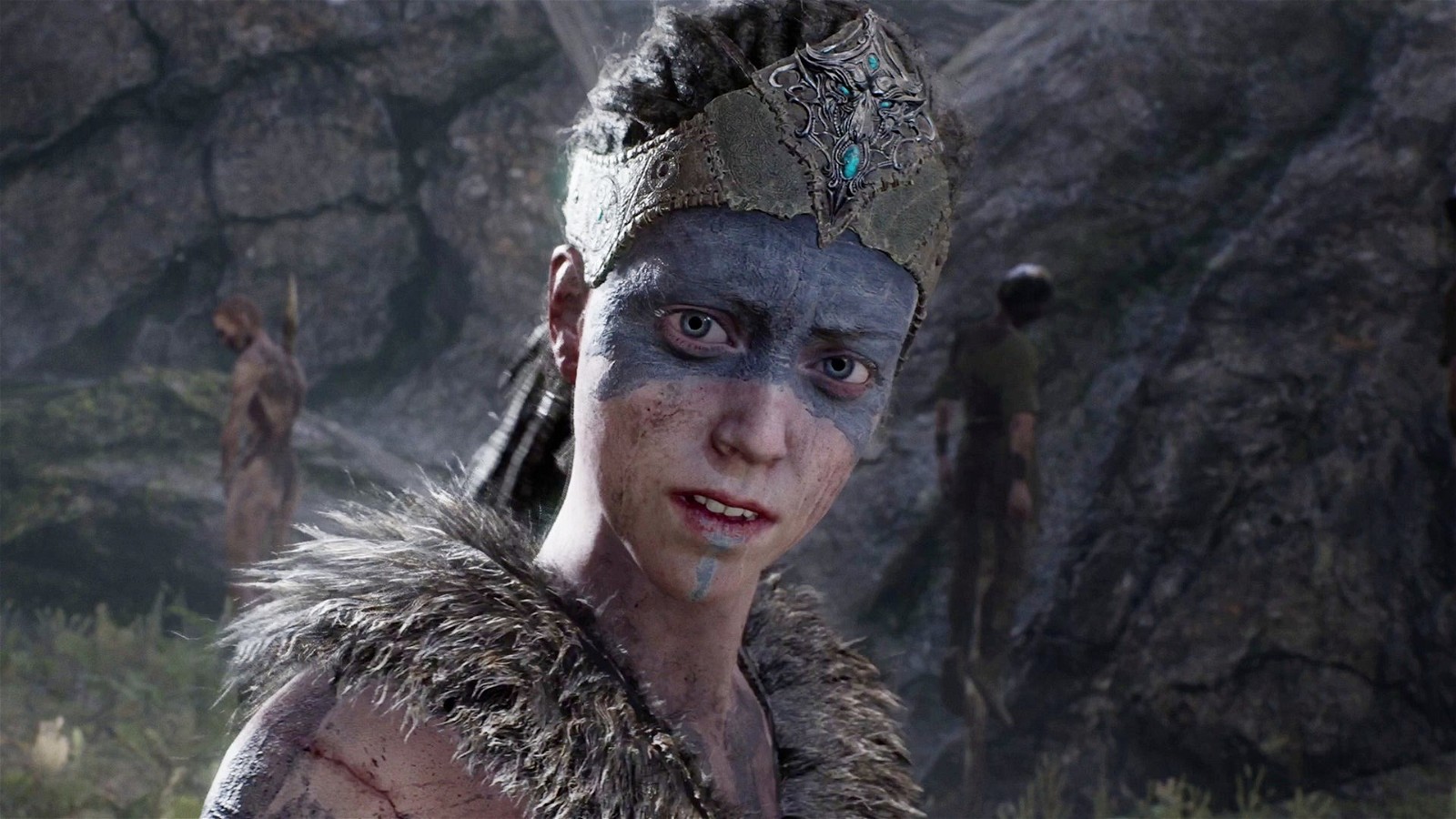
Further in the interview, Matthews put a spotlight on video games with a huge team and massive production costs, pointing out that many games are “deep into commercial failure” because of this. He explained that they analyzed the market and decided to create the game on a small budget,
“We looked at that market and said, we don’t want to ramp up to a three hundred person studio and just fit into the blockbuster space. The concept was, if we can make a game where we can keep the budget small enough, we only need to sell it to a few hundred thousand people.”
Hellblade: Senua’s Sacrifice was released for PlayStation 4 and Windows in August 2017, Xbox One in April 2018, Nintendo Switch in April 2019, and Xbox Series X/S in August 2021. A sequel, Senua’s Saga: Hellblade II, is all set to release on 21 May 2024 for Windows and Xbox Series X/S.

